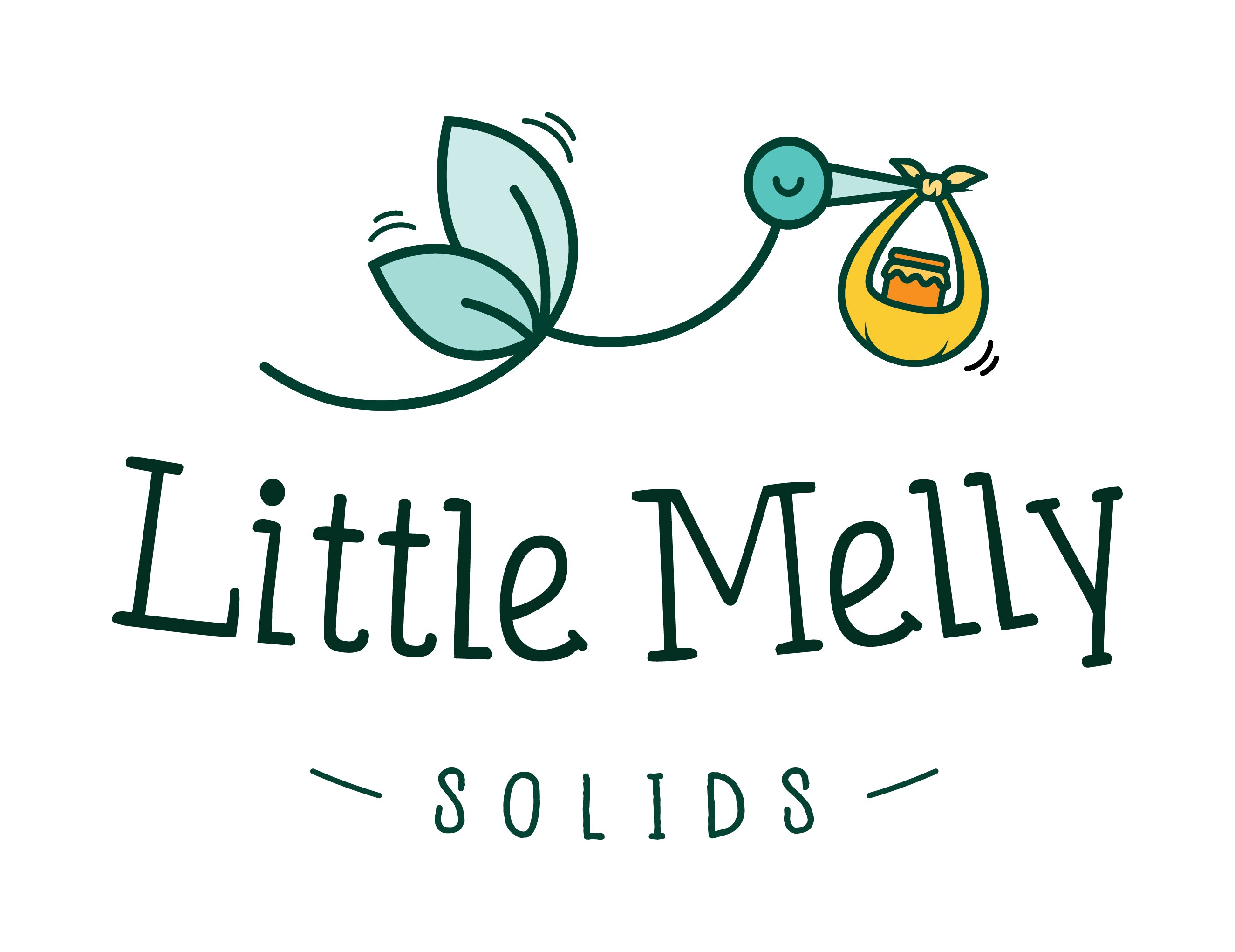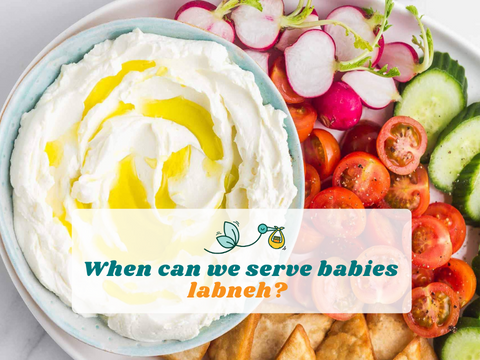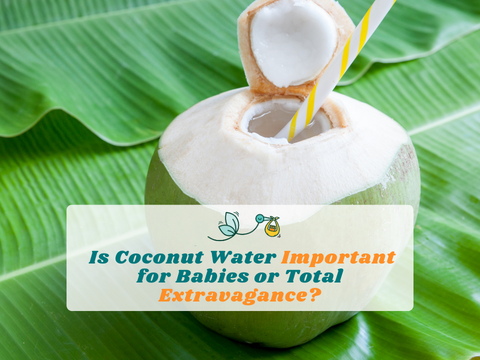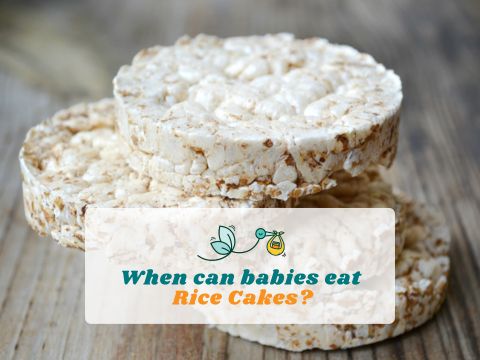Labneh – rich in flavor, creamy, delicious cheese – has been a staple of Middle Eastern cooking. It is frequently used as an appetizer, dip, in a sandwich, and more! Not only that but it also contains tons of probiotics and vitamins that can have a significant impact on a baby’s overall health.
When can babies eat cheese?
When a baby is about 8 months old and ready to start solids, cheeses that are pasteurized and low in sodium can be offered. For babies and toddlers, cheese can be a nutritious, well-balanced portion of their diet because it contains calcium, protein, and vitamins. Some babies could be allergic to dairy products, including milk. Therefore, giving cheese to babies should only happen after consulting their pediatrician.
When looking for cheese that your baby can eat, there are many different healthy options available such as fresh mozzarella, ricotta, goat cheese, labneh, swiss cheese, mascarpone and emmental cheese. However, not all cheeses are safe for babies; in particular brie, roquefort and camembert.
What is labneh?
Labneh, labne, or labna is a type of creamy yogurt cheese formed from yogurt. The word “labneh” comes from the Arabic word “laban” meaning yogurt.
Labneh is a popular dairy product in the Middle East and is often rolled into small balls with olive oil. It can be served as a spread on toast or pita bread, as a dip with veggies and bread chunks, or as a snack. While labneh can be bought freshly prepared from a grocery store, it is also so simple to create at home with just a few basic ingredients you probably already have on hand such as full-fat yogurt and salt.
Is labneh healthy for babies?
Labneh is a great source of protein and healthy fats - essential for a baby's growth and development. With its high calcium content, fresh labneh is a great protein source for babies and toddlers. Make sure to purchase whole-fat labneh because at 6 months old, babies require lots of fat for developing their gut and immune system. Different types of yogurt can be used to make labneh, such as cow, goat, sheep, and buffalo so nutrition can vary depending on the type used.
What are the benefits of labneh?
- Good source of protein
- Rich in vitamin A that improves skin, eye, gut, and immune health
- Rich in calcium that boosts bone development
Is labneh a common allergen?
Cow's milk is a common food allergy for babies and is frequently used to make labneh. Dairy products from sheep, goats, and buffalos can cause allergic reactions as well. When you’re first introducing labneh to your baby, start by serving a small amount on its own. If there is no negative reaction, gradually increase the quantity over subsequent meals.
How much labneh can my baby eat?
Babies ages 8 to 12 months old can eat about 2-4 teaspoons of labneh every day, as long as they are not allergic.
Toddlers can eat labneh every day as well, even multiple times per day, as long as they are not allergic. They can have 1 to 2 tablespoons of labneh, which is around 1/3 cup of labneh. Bear in mind, however, that it’s important to vary the types of meals and snacks given to babies and kids.
Always opt for the fresh kinds of labneh to give to your baby, as some aged versions can be heavy in salt, which is unhealthy for them. Any kind of labneh containing less than 100 mg of sodium per serving is safe for babies to eat.
Any kind of labneh containing less than 100 mg of sodium per serving is safe for babies to eat.
How to serve my baby labneh?
For babies ages 8 to 12 months:
- Serve labneh in a bowl and allow the baby to self-feed. You can drizzle some olive oil on top.
- Serve labneh combined with rice to create balls that are simple to pick up.
- Serve labneh on a soft bread slice.
For toddlers ages 12 to 24 months:
- Serve labneh with bread chunks or vegetables for dipping.
- Serve labneh in a bowl with a spoon to encourage the baby to use utensils.
- Serve labneh in a rolled pita bread.
- Serve firm rolled labneh balls.



